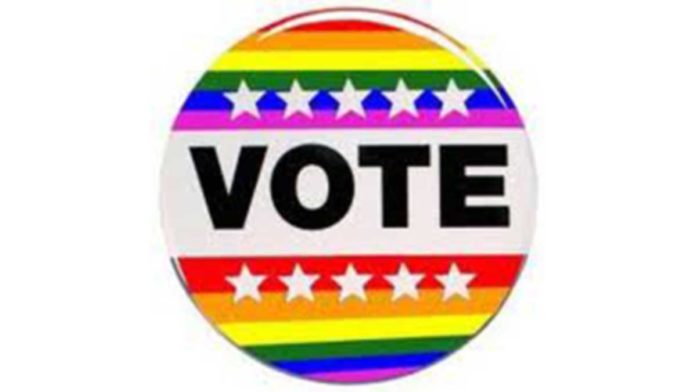The primaries are here, in the middle of the COVID-19 pandemic. Many folks will vote by mail during this election, and polling places are fewer, as consolidation happens. After a beginning to 2020 when the LGBTQ community showed up to the polls in record numbers — with an NBC exit poll on Super Tuesday saying we represented 10 percent of the electorate — what happens from here forward is uncertain. While the Pennsylvania primary has little impact on the presidential election, local and statewide races will still affect LGBTQ rights and common intersectional issues. Philadelphia has a nondiscrimination ordinance, but Pennsylvania still doesn’t. Voting for candidates who will fight hard for — not just support — statewide nondiscrimination legislation, aka the Fairness Act, is essential to further our community’s rights. Recently, State Rep. Malcolm Kenyatta gave an impassioned speech in support of nondiscrimination legislation, telling his coming out story to fellow legislators. He also recently gave an impassioned speech for wage workers. While those outside of our community may see the LGBTQ vote as being monolithic or rooted only in anti-discrimination legislation, that is not the case. Some of us are wage workers and some of us are business owners. But statistically, our community does have a higher rate of gig workers and hourly wage employees than our cishet peers. Similarly, we experience higher rates of homelessness, representing up to 40% of youth homelessness. As for our seniors, The Williams Institute found that LGB seniors searching for retirement homes experienced unfavorable differential treatment, including less housing availability and higher pricing compared to non-LGB seniors. The Institute also found that “lifetime disparities in earnings, employment, and opportunities to build savings as well as discriminatory access to legal and social programs that are traditionally established to support aging adults, put LGBT older adults at greater financial risk than their non-LGBT peers.” This, of course, aligns with previous statements about younger LGBTQ wage workers and youth homelessness. Finally, knowing how primary candidates feel about sex work legislation is also an important platform issue for some LGBTQ voters. With the information we know about systemic oppression of LGBTQ folks, particularly at the intersections, it’s not surprising that our community is often forced into survival sex work. The most recent Transgender Discrimination Survey found that 11% of respondents have done sex work and 33% of Latinx respondents and 40% of Black respondents reported participation in the sex trade. Also, homeless LGBTQ-identified youth are seven times more likely than heterosexual peers to trade sex for a place to stay, according to the Urban Institute. Sex work can also be a chosen field of self-employment, in which case a candidate’s views on relevant legislation would still be important. At the end of the day, our community is not just in need of one nondiscrimination ordinance. Because of current and historical discrimination, our needs are many and varied, and in Pennsylvania, on June 2, the LGBTQ community needs to show up to the polls in record numbers to make our voices heard on all issues, not just one.
Newsletter Sign-up
